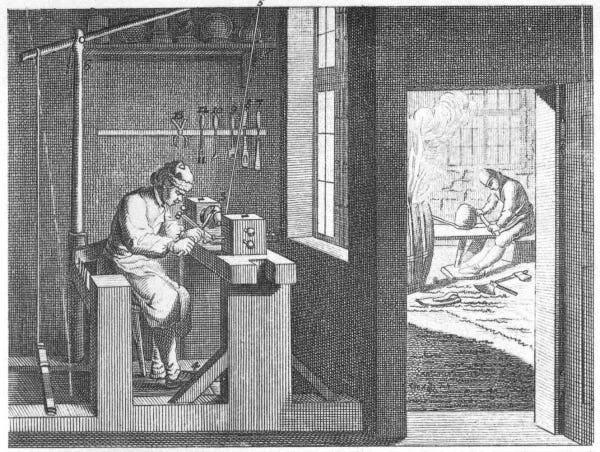Publisher’s note: It’s Saturday morning, and that means it’s time for Earlywood . Every Saturday, we publish a free excerpt from one of the thousands of pieces I’ve written since 1996. Sometimes it’s from a book. Or a magazine article. Or (in this case) an old blog entry. This entry is from January 2015. Each entry has been updated or annotated with som…
Keep reading with a 7-day free trial
Subscribe to The American Peasant to keep reading this post and get 7 days of free access to the full post archives.



